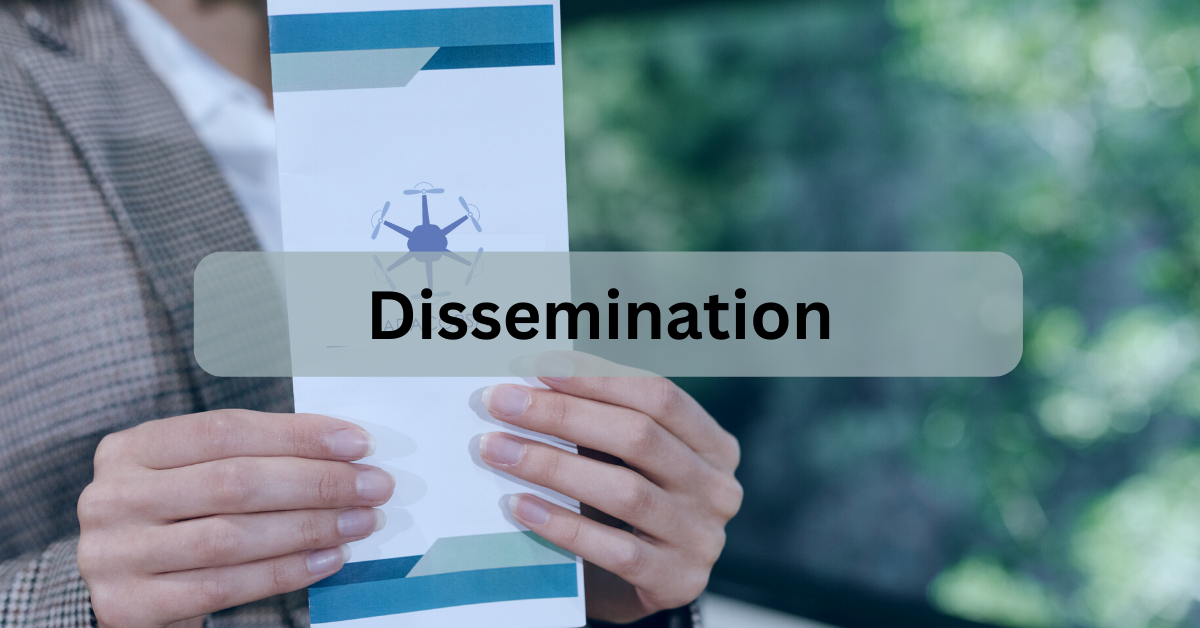Partners: ITML, IFAG, IFAT, FORD, TAI, ESC, HUA, HFC, ALTUS
Ramadan, Farah, & Mrad (2017) used the theory of planned behaviour (TPB, Fishbein & Ajzen, 2011) as a framework to investigate perceived risks and perceived functional benefits of drones and their impact on attitudes towards service and delivery drones. According to the theory of planned behaviour (TPB), a user’s behaviour when using (or not using) a new technology is based on behavioural intentions which in turn are based on (1) the attitudes of the individual, (2) the subjective norms, and (3) the perceived behavioural control. Ramadan et al. (2017) adapted the basic idea of TPB to drone acceptance and developed a model of influencing factors.The main factors influencing attitudes towards drones are seen in risk-related factors (privacy risks, safety risks), functional benefits including the drone performance and service quality and relational attributes (drone personification), taking up the idea of subjective norms. Within this SC, ADACORSA will further investigate the applicability of TPB in drone user acceptance aiming at providing evidence that the reliability of ADACORSA achievements meets the requirements of European citizens, so that the European drone industry is supported. In order to achieve that, the main method to be used is surveys; they are to date the most commonly used method to investigate acceptance of drone technologies. Surveys focus on the investigation of commercial and civilian use of drones also relevant for ADACORSA. For instance, in Bajde et al. (2017) people were directly exposed to drone presence in public spaces, their reactions were observed, and they were interviewed thereafter. The last couple of years, a number of surveys have been conducted indicating some of the most critical factors related to user acceptance of drones: environmental friendliness, along with complexity, performance risk, and privacy risk, affect drone delivery adoption (Yoo, Yu, & Jung, 2018), privacy issues is also a critical factor (Khan et al., 2019) etc. The goal of the SC, mainly through demonstrator 9.1, is to validate the main factors that affect the user acceptance of drones through surveys and deliver a thorough, multi-variable predictive model that will facilitate the understanding of what is needed in order to support the European drone industry.






